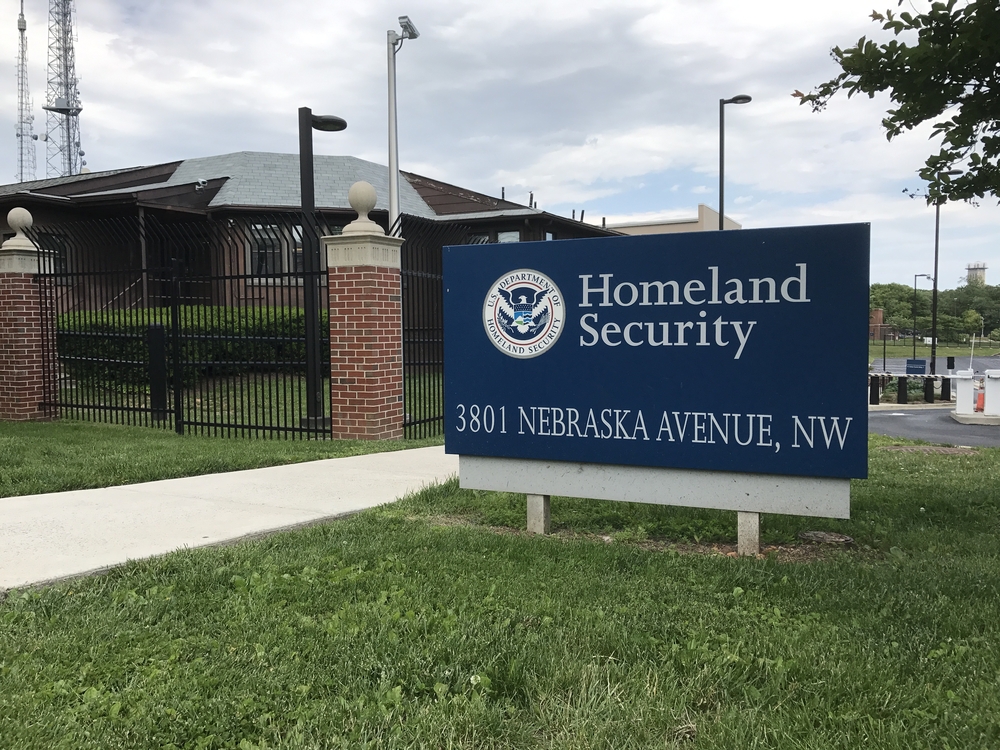
Top officials at the Department of Homeland Security conceded Wednesday to a weariness and anxiety about the repeated congressional efforts to agree to a longtime spending plan, resulting in recurring threats of a government shutdown until a budget is voted.
Elaine Duke, deputy secretary of DHS, told members of the Senate Homeland Security and Governmental Affairs Committee the repeated failure on a longtime spending plan resulting in short-term continuing resolutions (CRs) has caused “angst” among the department’s 240,000 employees in the weeks leading up to the CRs.
“Shutdowns are disruptive,” Duke said during a hearing on the reauthorization of DHS. The funding uncertainty restricts the department’s ability to pursue major projects and detracts attention and manpower from important priorities. Further, continuing resolutions tend to push major spending decisions into the fourth quarter of the fiscal year when more certainty on funding is available, she added. “Administratively, it’s a huge burden,” said Duke.
Her comments came as Congress is facing another 11th hour decision on whether to pass a long-term spending bill, opt for another short-term deal or shut down the government. Senate leaders announced they had reached a two-year budget agreement on Wednesday, but the plan still needs to be approved by the Senate and House.
Sen. Ron Johnson, R-Wis., chairman of the committee, asked Duke what percentage of DHS employees are considered essential and would not be furloughed during a government shutdown. She told him about 70 percent.
Johnson said he plans to introduce bipartisan legislation that would avoid government shutdowns in the future by keeping agencies operating at current spending levels during congressional spending impasses.
Duke along with Claire Grady, under secretary for management at DHS, George Scott, managing director of Homeland Security and Justice at the Government Accountability Office, and John Kelly, acting Inspector General at DHS, faced a variety of questions on long-term plans for DHS and a number of recent publicized incidents.
The difficulty in reauthorizing DHS, which was created in 2002 after the 9/11 terrorist attacks, was brought home by several senators, with several noting that numerous congressional committees and subcommittees have jurisdiction over DHS and its 22 constituent agencies, including Customs and Border Control, the Federal Emergency Management Agency (FEMA), Immigration and Customs Enforcement, the Transportation Security Administration, Coast Guard and Secret Service, among others.
“We are literally putting our nation at risk by having jurisdiction so scattered,” said Johnson. The Senate panel has jurisdiction over the largest chunk, about 40 percent.
The House passed legislation to reauthorize the department for the first time in its 15-year history in July.
There are proposals to separate more of the DHS. The House also passed a bill that would reorganize the National Protection and Programs Directorate (NPPD) at Homeland Security, elevating it into its own operational agency. The NPPD is responsible for securing federal networks and U.S. critical infrastructure from cyber and physical threats.
Several senators asked the executives what DHS is doing to help secure state and local elections systems from cyber attacks. Chris Krebs, senior official performing the duties of the undersecretary for the National Protection and Programs Directorate at DHS, said the agency is conducting cyber assessments of 16 states; five are completed. “It depends on what states have requested it,” said Krebs, a former cyber security policy executive at Microsoft.
Sen. Kamala Harris, D-Calif., said she is concerned that not enough cyber security evaluation has been done in preparation for the upcoming congressional primaries, the first of which will be in Texas on March 6. “This should be a top priority of the Department of Homeland Security,” said Harris.
Sen. Claire McCaskill, D-Mo., asked the executives about this week’s news reports of a FEMA contractor who failed to produce 30 million promised meals to Puerto Rico after Hurricane Maria, resulting in a suspension of the contract. McCaskill asked what it takes to suspend a contract or to disbar a contractor. DHS’s Grady said the agency has suspended the contract and is investigating the matter further. “We do have a robust suspension and disbarment system” she said.
McCaskill, the leading Democrat on the committee, also asked Duke why DHS had blocked information from an Inspector General’s report detailing discussion that led to President Trump’s travel ban, now being challenged in the courts. Duke said since the travel ban is subject to litigation they wanted to protect the deliberative process. She said it was the IG’s decision to block the public disclosure of the information but she would agree to meet with the senator or other committee leaders to discuss the redacted information.
Sen. McCaskill also asked the DHS executives about a report indicating it cost the agency an average of $40,000 for every employee it hires, even border patrol agents who earn around that amount. Grady told her the $40,000 average includes start-up costs. Duke added that a lot of the costs associated with border patrol hiring are due to duty stations.
“There’s a boatload of dollars coming your way. We need accountability,” said Sen. Heidi Heitkamp, D-N.D.




